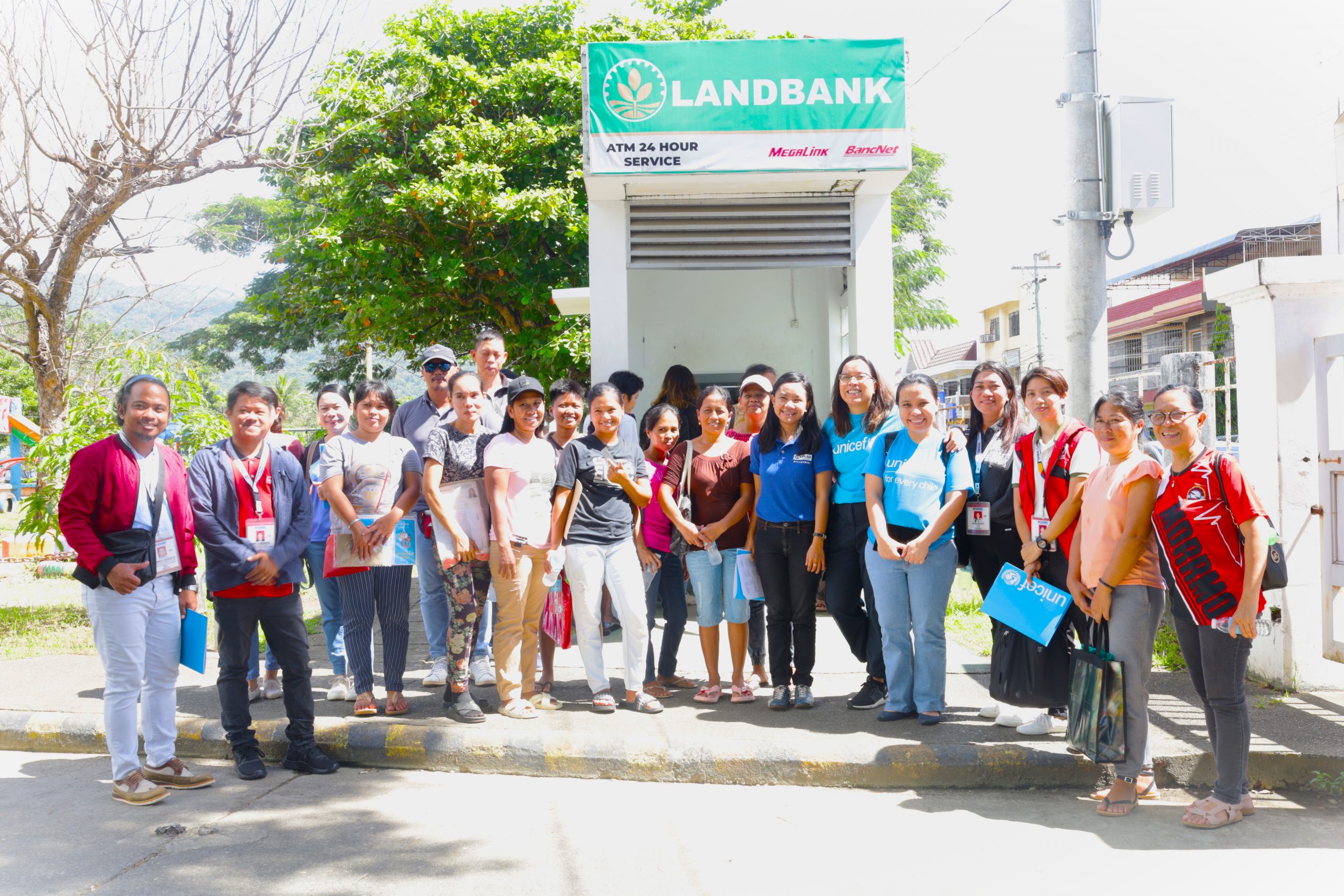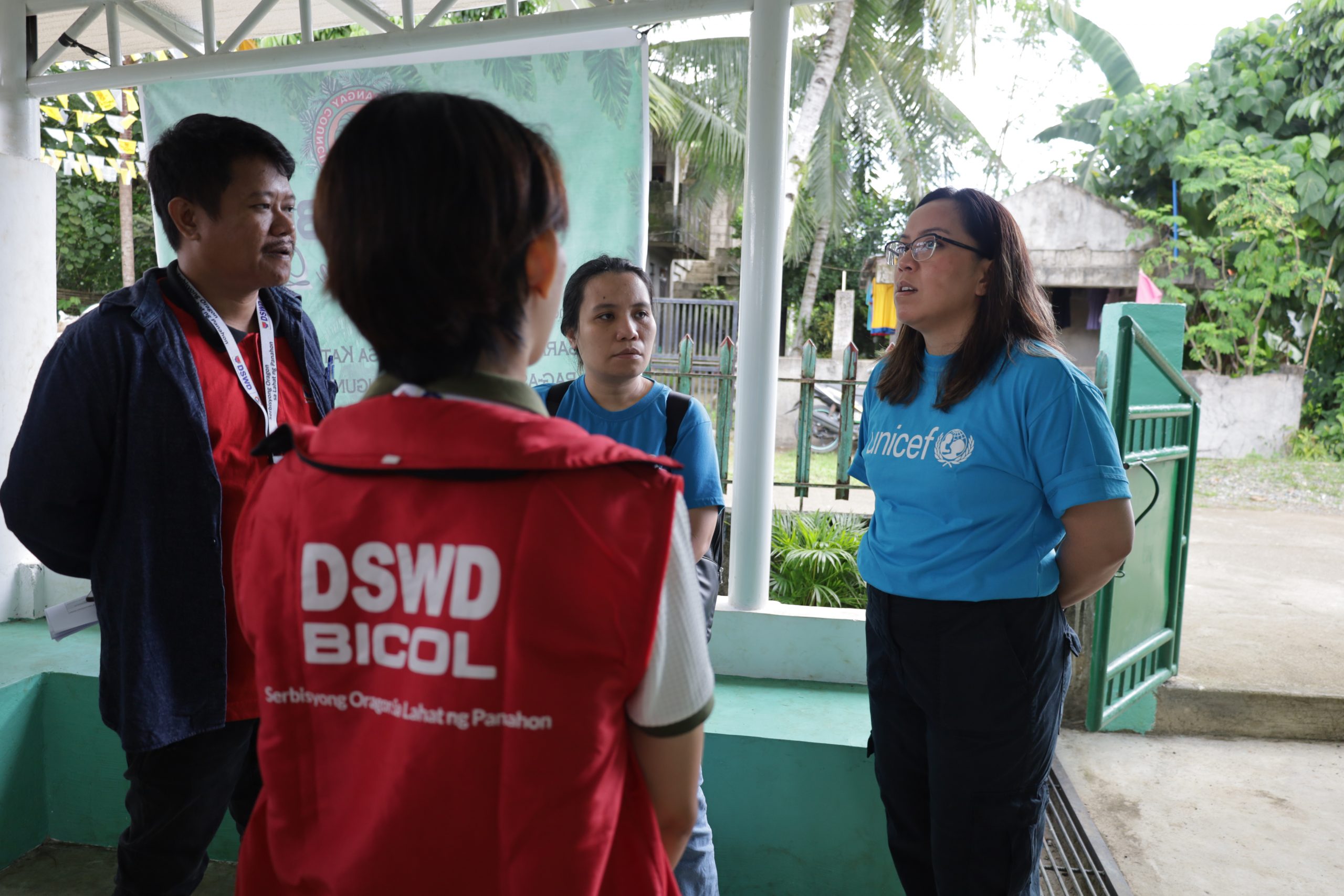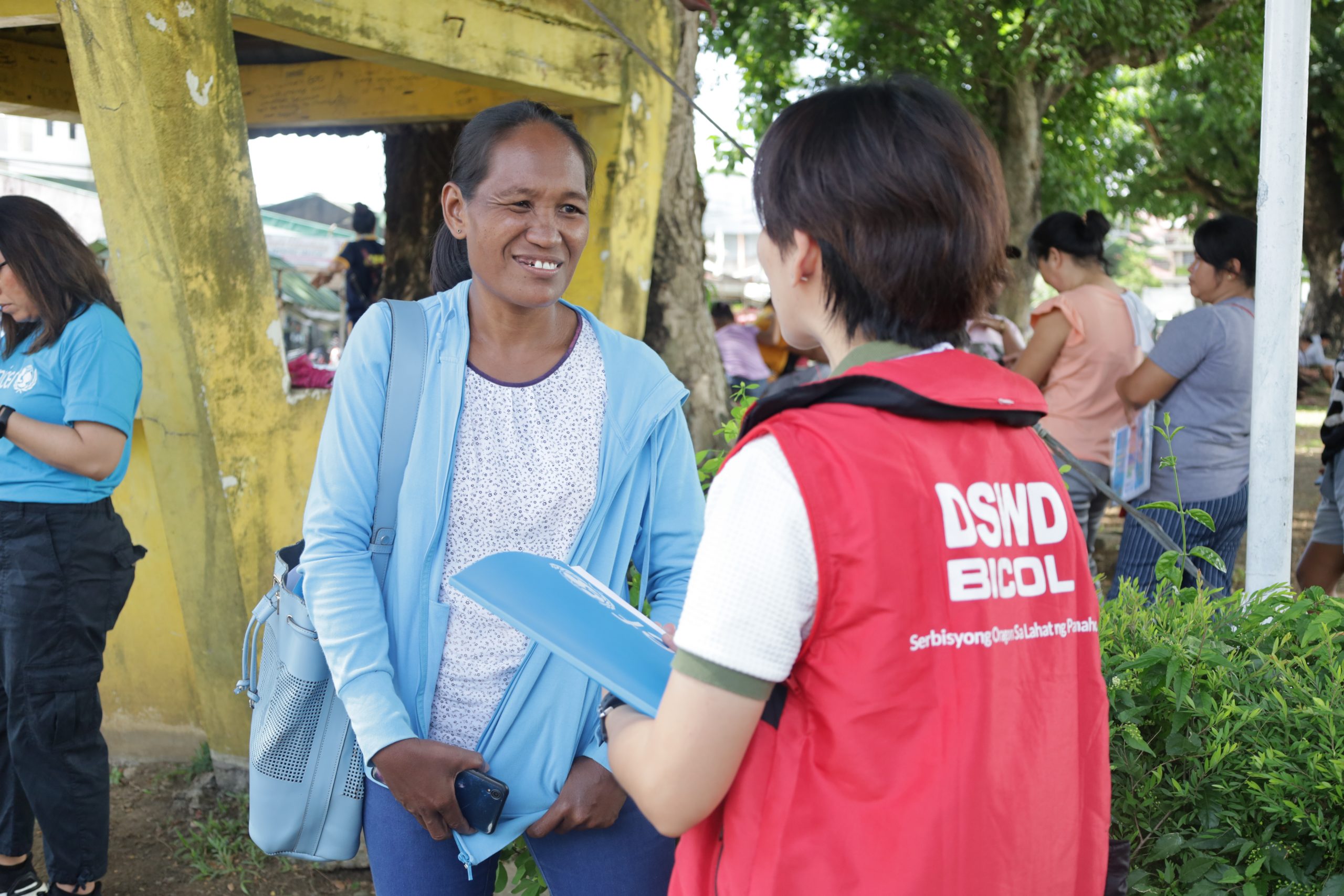 Virac, Catanduanes – In a proactive move to boost disaster resilience and preparedness among vulnerable communities, the Department of Social Welfare and Development (DSWD) Field Office V recently undertook a Simulation Exercise (SimEx) on Anticipatory Action Cash Assistance and Cash Plus-Tabletop on November 10, 2023.
Virac, Catanduanes – In a proactive move to boost disaster resilience and preparedness among vulnerable communities, the Department of Social Welfare and Development (DSWD) Field Office V recently undertook a Simulation Exercise (SimEx) on Anticipatory Action Cash Assistance and Cash Plus-Tabletop on November 10, 2023.
Under the United Nations’ Central Emergency Response Fund (CERF) for anticipatory action (AA) for predictable hazards, unconditional cash top-up will be provided to Pantawid Pamilyang Pilipino Program (4Ps) beneficiaries, including children, in the municipalities of Baras, Bato, San Andres, and Virac in the province of Catanduanes where the program will be piloted.
Catanduanes, an island province in the Bicol Region, is no stranger to the devastating effects of typhoons and other natural calamities. The recent SimEx sought to strengthen the province’s readiness to respond to emergencies, particularly when these emergencies impact the most vulnerable members of the community.
 According to Maya Fachrani Faisal, the Chief of the Social Policy Section-UNICEF Philippines, UNICEF will continuously support the 4Ps program because it’s a flagship social protection initiative in the Philippines that provides conditional cash transfers to eligible households, aimed at improving nutrition, health, and education outcomes.
According to Maya Fachrani Faisal, the Chief of the Social Policy Section-UNICEF Philippines, UNICEF will continuously support the 4Ps program because it’s a flagship social protection initiative in the Philippines that provides conditional cash transfers to eligible households, aimed at improving nutrition, health, and education outcomes.
“These initiatives aim to guarantee the 4Ps Beneficiaries they have the resources and support they need to withstand the challenges posed by natural disasters and other emergencies,” she added.
Anticipatory Action Cash Assistance is a program that provides early assistance before a strong disaster occurs, such as Signal No. 3 Super Typhoons, droughts, or consistent flooding in hazard-prone areas. Its goal is to prevent or mitigate damage to the lives and livelihoods of those affected.
Each family will receive Php1,200.00, calculated as 30 percent of the children’s estimated minimum expenditure basket for nutrition, education, water, sanitation and hygiene, and child protection services. The cash assistance will be provided to 4Ps beneficiaries through the Land Bank of the Philippines, the government’s depository bank.
The SimEx involved participants from various sectors, including government agencies, local government units, and 4Ps beneficiaries themselves in the mentioned province. It mimicked scenarios such as typhoons, floods, and landslides, allowing for a comprehensive assessment of the response mechanisms and the identification of potential challenges that may arise during actual emergencies.
It’s also to test the framework and assess the effectiveness of the operational components, namely: risk communications/messages; information flow such as alert/warning signals, including standby and stand-down messages; coordination with local authorities, community engagement, prepositioning of assistance that includes cash and in-kind, deployment of personnel, and other cross-cutting issues such as prevention of sexual exploitation and abuse (PSEA) and Accountability of Affected Population (AAP).

Marites Yanan, a 4Ps Beneficiary and a Parent Leader from Barangay Bigaa, Virac, said this program can assure that they have the support they need in preparing for the devastation of a disaster.
“Ang Anticipatory Action Cash Assistance para sa aming mga 4Ps Beneficiaries dito sa Virac ay isang napakalaking tulong. Ang perang aming matatangap mula sa programa ay magagamit namin sa paghahanda sa mga sakuna gaya ng bagyo. Magagamit namin ito pangbili ng mga pangunahing pangangailangan sa aming pamilya sa oras ng mga sakuna at kalamidad sa aming lugar,” she added.
UNICEF has been working in close collaboration with various government agencies and local partners to bolster the resilience of vulnerable communities, ensuring the well-being and safety of children, who are often the most at risk in disaster situations.
The partnership between DSWD and UNICEF in conducting these SimEx not only reinforces the effectiveness of the 4Ps program but also contributes to the broader national objective of improving disaster preparedness and response capacity, ultimately safeguarding the well-being and livelihoods of the country’s most vulnerable populations.
